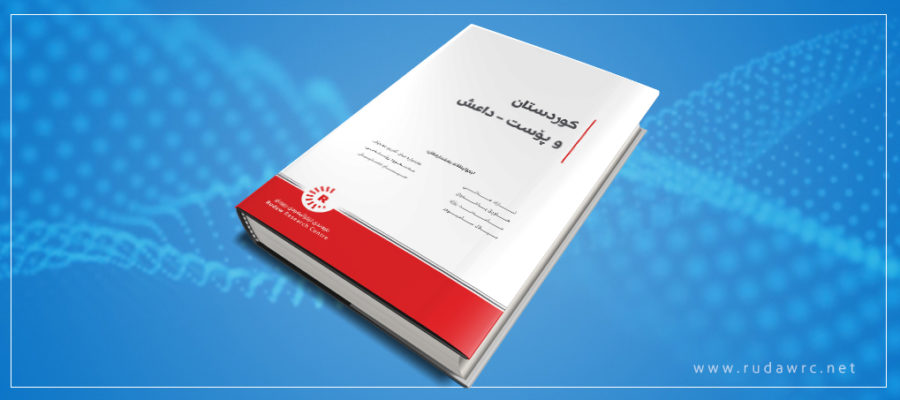In August 2014 ISIS had launched attacks on Kurdistan region and captured some parts of Kurdistan land. ISIS has exploited the chaos of the Arab spring in Syria. According to geopolitical experts this is considered as geopolitical change therefore Kurdistan had to adapt with the new geopolitics of the region.
ISIS with its offensive on Mosul in its first statement said that the era of Sykes-Picot is over and identified itself as post-Sykes -Picot actor. In a century that considered as era of geopolitical revolution. This act of ISIS was considered as geopolitical phenomenon.
ISIS next to the borders of Kurdistan in Sunni areas of Iraq and Syria formed semi-state that many experts described as state –defacto or state-terrorist organization.
The ISIS attack on Kurdistan region created both opportunity and threat. With the continuous (threats) of ISIS that ended with massacre and genocide, according to some experts created new ‘’opportunity’’ for the Kurdish movement.
Fighting and countering ISIS threats to the region and world security made the Kurdish armed groups as geopolitical actor against ISIS.
And also given new identity to the position of southern and western Kurdistani areas as the ‘’strategic fence’’ which can disconnect deep demography of Sunnis in the triangle of Anadol, Damascus and Iraq. Kurdistan identified its new position within the global strategies of counter-terrorism which can be followed by the historic and decisive consequences. Because ISIS as non-state actor to some extent dissolved the regional system. This led to change the sequence of regional powers which formed many new alliances and different blocs across the region.
The goal of writing this book is searching for the decisive question: in the post ISIS what kind of scenarios Kurdistan region is facing? And along with this some other questions come up is the internal, regional and external factors interact and how connecting these three factors affect the position of Kurdistan region?
Answering these questions related to geopolitical understanding, therefore preparing this book as first local book of RRC which written by some researchers from all parts of Kurdistan is to analyze objective consequences of the post-ISIS in Kurdistan region.
There are some technical issues with this project, as first joint work might be in term of language and terminology is not all similar. And another issue might be related to the method of researchers because each one come from different part of Kurdistan .each influenced by the research method and style of the countries come from for example researchers from eastern Kurdistan influenced by method of Iranian research, from northern Kurdistan by Turkish, western Kurdistan by Arab style and southern part despite that is more like a special Kurdish model in research but still influenced by the Arab style.
This book divided to four main parts: first roots of political Islam and how they moved to Kurdistan region. Second the internal factor and Kurdistan in post-ISIS. Third regional factors and Kurdistan in post-ISIS. Forth the world factor and Kurdistan post –ISIS. Beside these main parts some sections added to the scenarios, results and recommendations.

